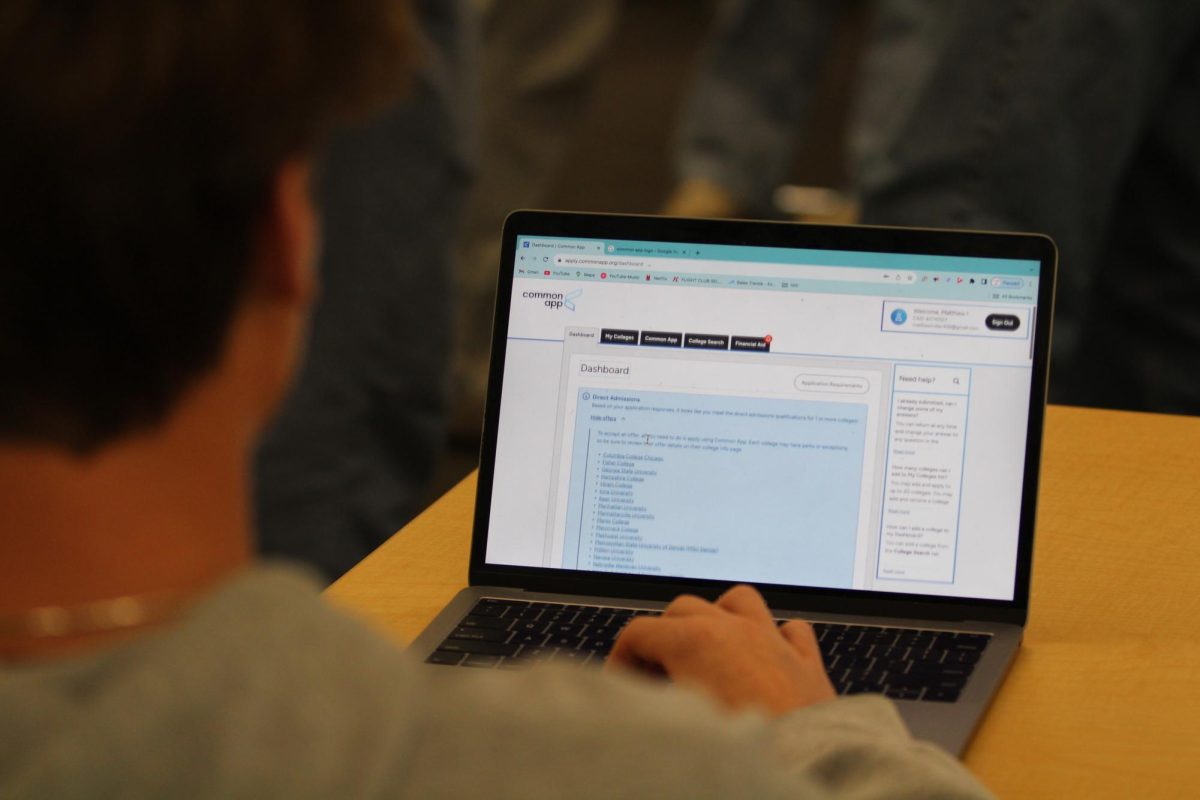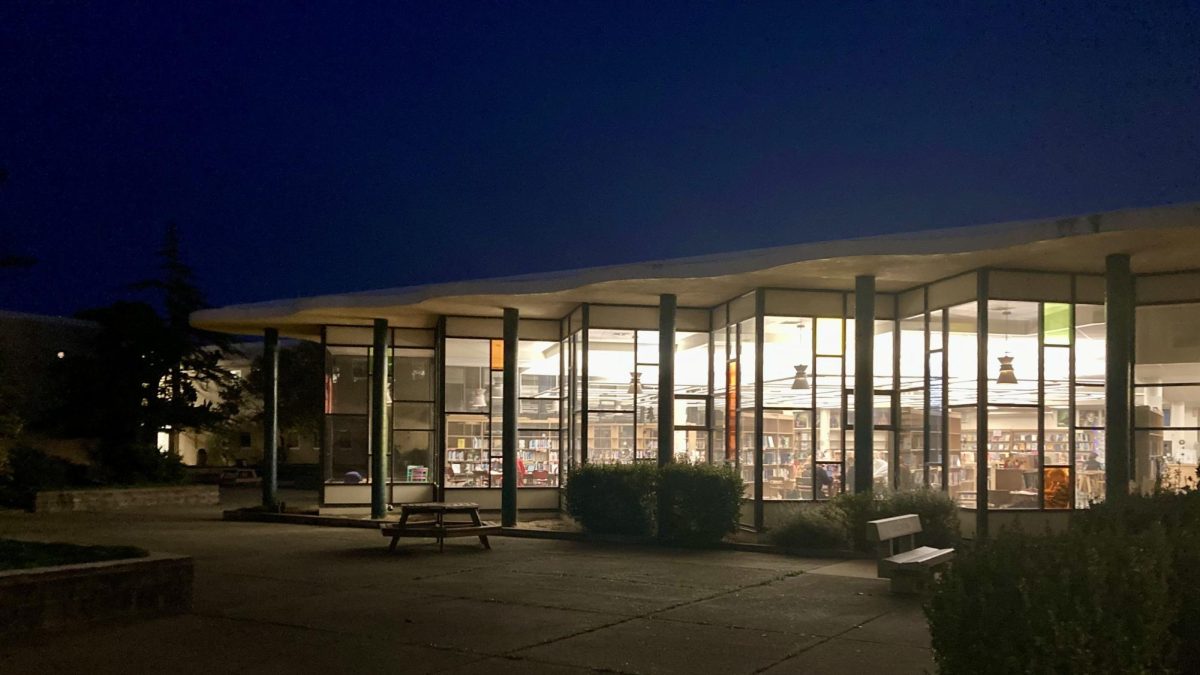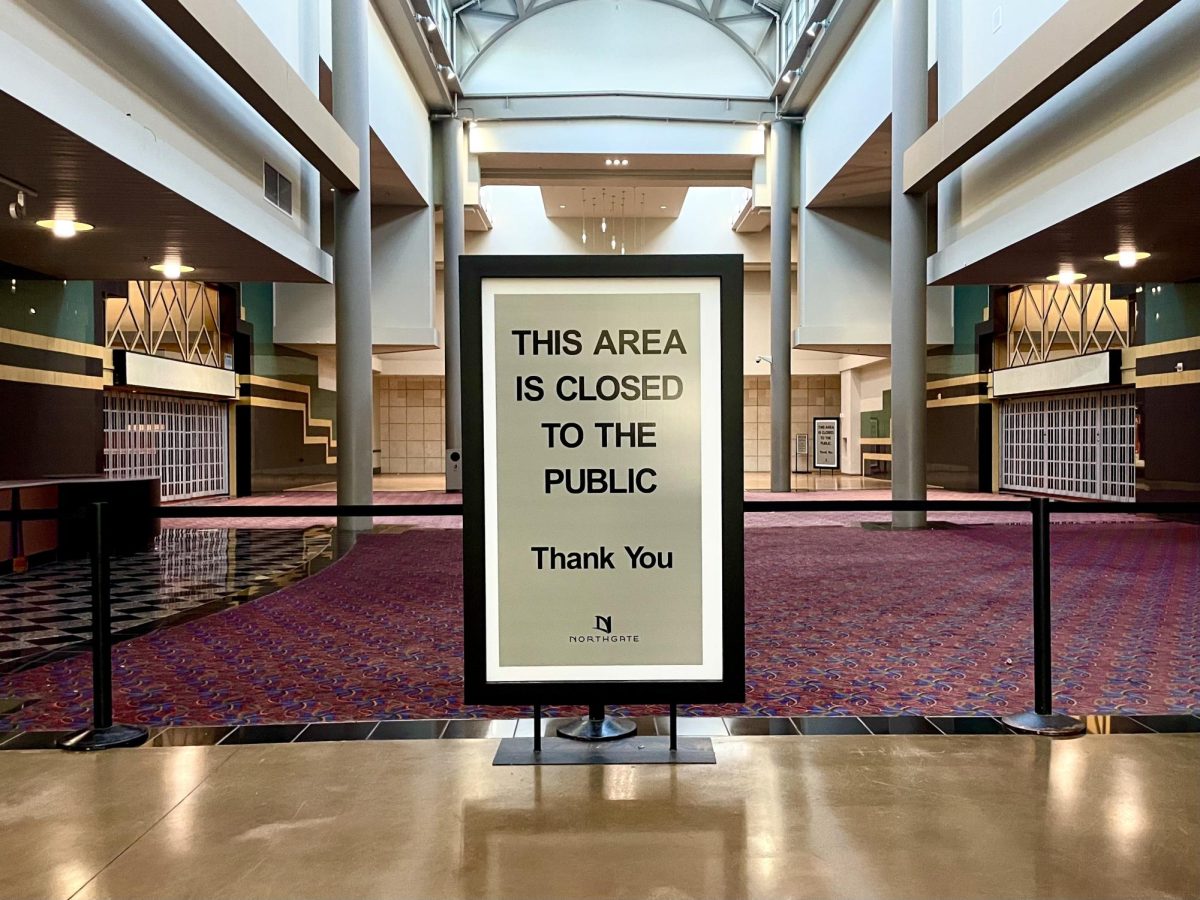Most people who take one of the SATs or ACTs will tell the same story: they opted to have their information shared with colleges, universities, and financial aid/scholarship programs by checking a box in the hopes of receiving relevant information, but have been dealing with the marketing overload ever since.
They end up with pages of emails and piles of letters every month from colleges who may not even offer the major the students said they were thinking about.

But almost nobody is aware that more than 300 million emails and more than 30 million pieces of physical mail a year come from one company, who is responsible for the similar-looking letters sent by over 200 colleges and universities.
When a college says that they’re “impressed by your academic achievements,” they aren’t. They never saw your SAT scores. It’s just another of the marketing strategies employed by Royall & Company.
Sophomore Jake Trusheim had no idea about the sheer volume of email he would receive.
He is one of the more than 3.5 million students around the world who take the PSAT each year, around 80 percent of whom opt into the service, according to ACT spokesperson Ed Colby.
“I thought maybe it’d just be one email about exploring more, definitely not the dozens of emails I got,” Trusheim said.
“In the core of it, I probably got three or four [letters] a day,” Trusheim said. “A bunch of them I have not actually opened yet – they’re just stacked in my room in a corner.”
When the College Board, which administers the PSAT, began uploading the latest set of student data on Jan. 7, institutions began putting together lists of who they wanted to contact from this batch of students for the price of 34 cents per record.
Contrary to popular belief, the College Board shares no information about a student’s test score, not even general percentile rankings. ACT allows colleges to request records that fall within a certain score range, but does not release specific scores for each student.
For senior Amanda Sinrod, these emails started back when she took the PSAT sophomore year.
“I would sometimes get maybe seven pieces of physical mail and ten emails a day – I got a copious amount. I only filled out a couple of [the online forms], and they all seemed similar. They were all on the school’s website and had boxes to fill in with certain information.”
Upon receiving an email – which may even share the same subject line as past ones – and clicking on a link, the pages seem to be built from a template if not for the stylistic changes made to fit each school. After providing parental contact information and confirming their own, students reach an incentive that has seemingly no relation to the college.
Eagle-eyed observers might note that the URL for each page of the quiz is exactly the same. Every privacy policy features the same text. The websites these goodies are hosted on are never the official college websites. Instead of “pacific.edu,” you’re on “u-pacific.org.”
There are over 1,000 of these websites, all of them registered to the exact same company – Royall & Company.
Based in Richmond, VA, Royall lies at the heart of the college recruitment industry. (Royall declined to comment.)
The methods they use for recruitment are so similar that they hold two patents on the process. The usernames and passwords for a “customized website” printed in the upper right corner of every letter – those are a patented Royall creation.
Royall has come under fire for their strategy of sending out fast-track applications, which increase application numbers significantly enough that colleges have been known to gladly pay Royall several dollars to send out each one.
When students start to receive the flood of recruitment materials, many don’t bother spending the time unsubscribing as they cannot unsubscribe from them all at once.
“I deleted all the emails for schools that I had either never heard of or wasn’t interested in, and then I basically did the same for physical mail. I recycled what was recyclable and I kept the stuff for what I was interested in,” Sinrod said.
To Colby, the positives of getting college recruitment letters outweigh the negatives.
“Being on a college’s radar can really help students to find a college that suits their interests and suits their needs,” Colby said. “We do know that sometimes there can be a lot of emails and students may find them to be too many, but they can be really helpful to assist in the college search.”
Trusheim views it differently. “I thought from what I heard it’d be a big event – getting emails from colleges – because going to college is a big event in your life, but it just turned into a nuisance,” he said. “I didn’t look forward to emails and the physical mail, I just stacked them in my room. I wasn’t excited for it like I thought I would be.”





